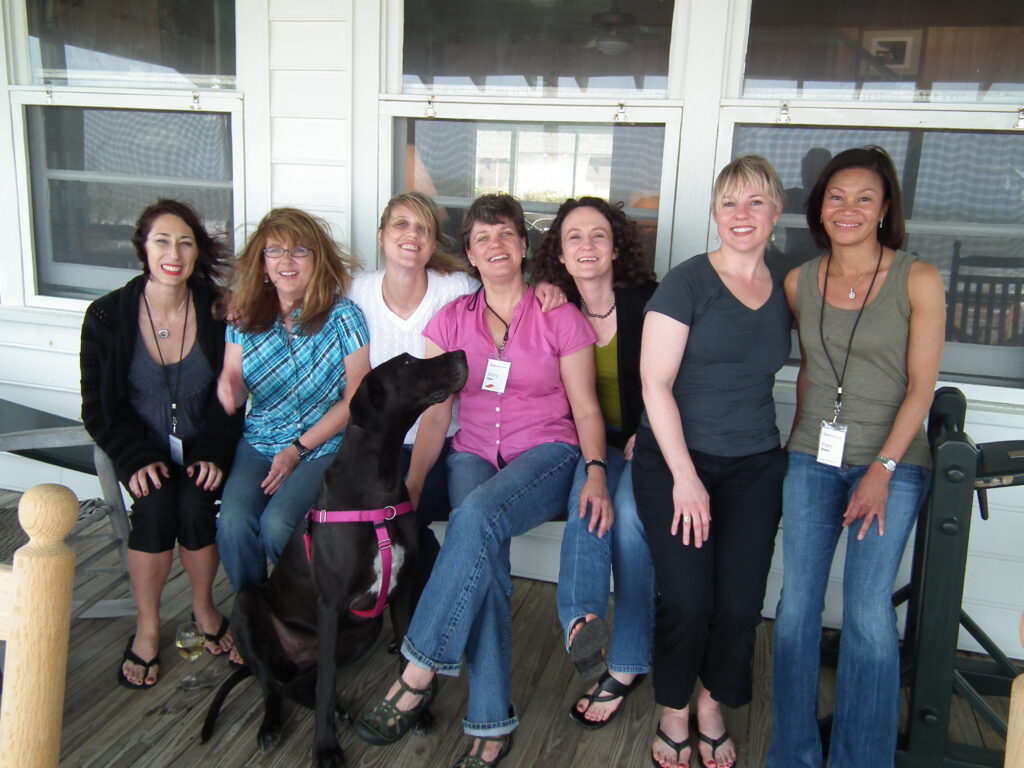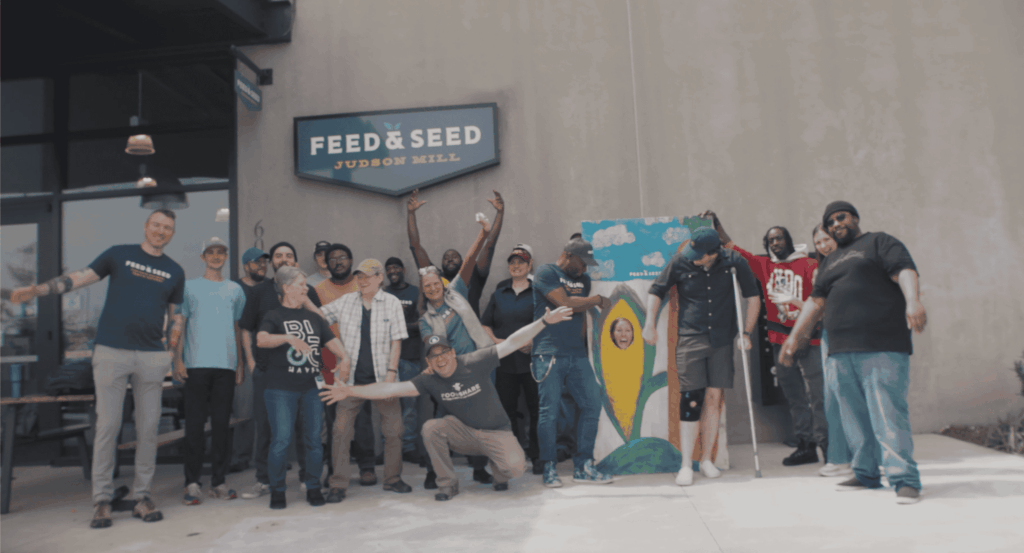From lunch trays to lasting change
In 2011, Greenville County Schools were working to improve the quality of their school meals in response to changing federal nutrition guidelines. Gone were the days when ketchup and fries counted as two servings of vegetables. The district aimed to serve healthier, whole foods with less frying and processed ingredients.
Mary joined forces with local partner Ron Jones to help implement those changes—starting with the people behind the meals: the food service staff.
“We developed a training program covering knife skills, nutrition, and menu planning—and delivered it over three years to the entire Greenville County Schools food service staff during summer breaks,” she said.
This effort sparked a realization. There was a disconnect between local growers and local institutions. Mary saw an opportunity.
We have growers, and we have end users. But there was nothing connecting them. What if we could build that infrastructure here in the Upstate?”
Enter Mary’s Liberty Fellowship Venture: Feed & Seed, a nonprofit committed to building more efficient food system in Upstate South Carolina. Its mission is twofold:
- Support local farmers with distribution and access to institutional markets; and
- Ensure that local individuals and families have access to healthy, affordable food.







